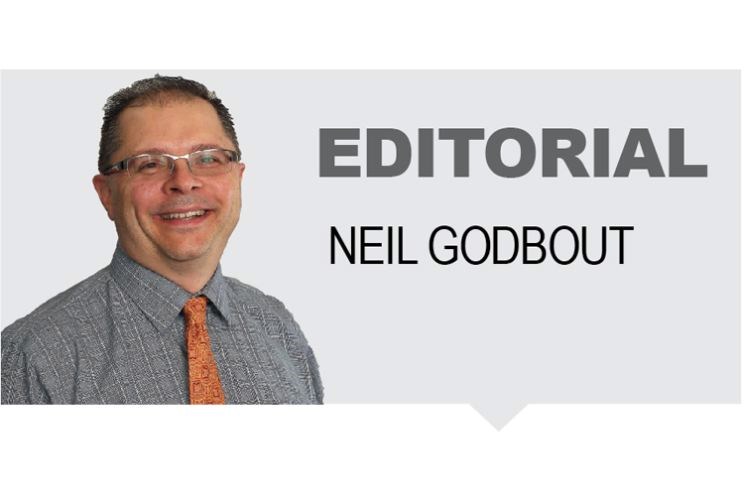It’s guaranteed that when all of this is over, there will be detailed and painful reviews into the government response, particularly at the federal and provincial levels, to the pandemic.
Part of that review will be the choices and communications of the federal and provincial public health officers – Dr. Theresa Tam and Dr. Bonnie Henry, respectively. Both women have earned many accolades for their strong leadership and their skill in clearly explaining the risks posed by COVID-19 and how people can help protect themselves and their families from getting sick.
Yet questions are already bubbling up about some of their decisions so far. While some might argue that now is not the time to be questioning the recommendations of medical experts, they are wrong. It is always healthy to do so. Their ability to respond to criticism builds confidence in their actions while the inability to do so leaves people wondering if the right person is in charge.
Doctors are trained to quickly abandon or alter courses of treatment in rapidly changing situations in favour of something better. Their discipline requires them to be able to recognize their own errors or omissions and adjust accordingly with little emotion. Being able to admit a mistaken diagnosis is as important as being right in the first place and both take a backseat to the health of patients.
So it’s entirely appropriate for Dr. David Bowering, the former chief medical health officer for Northern Health, to call on Dr. Henry to close down work camps across B.C., from the construction of the Site C dam, the Coastal Gas Link pipeline and LNG facility in Kitimat to the various mining and oil and gas work camps around the province. Others, including numerous First Nations, have made the same request.
And it’s appropriate for journalists to ask those kinds of questions of Dr. Henry, with or without Bowering’s backing, just as it’s been fair to ask why the level of reporting on the spread of the pandemic in the Northern Health region has been vague.
"I think it's important to recognize you can't just abandon a large mine or industrial site,” Dr. Henry said at Monday’s briefing. “That's not safe for the community or the environment as well.”
That’s an interesting comment that may come to haunt her (but hopefully doesn’t) in the weeks and months ahead. It is not her job to worry about the logistical challenges of rapidly closing a work camp made up of hundreds or thousands of workers with no notice. Nor is environmental damage or community job losses any of her concern.
At this point, if an outbreak were to occur at one of these camps (Bowering referred to them as "landlocked cruise ships" and "COVID-19 incubators”), she’d be grilled for not ordering them closed beforehand. Furthermore, the provincial government has the authority to close them all as a precautionary measure, regardless of what Dr. Henry thinks.
Federally, Dr. Tam is already being questioned about comments she made at the end of January, that Asian Canadians were facing additional racism as the result of growing anxiety surrounding the spread of COVID-19 and the risk it posed to Canada. Did her concerns about racism cloud her judgment and affect her timing about when to restrict travel to and from China for health reasons?
Again, fair question.
It can’t be stated enough that Dr. Henry and Dr. Tam (and the entire community of healthcare workers in this country) have done an outstanding job combatting the pandemic and trying to keep Canadians safe.
But if Dr. Bowering feels Dr. Henry is making a potentially hazardous decision allowing work camps to remain open, even at reduced staffing levels, he has both a professional and moral obligation to speak up and should be applauded for doing so.
Journalists also have a professional and moral obligation to ask difficult questions of not just the political leaders but also the medical experts. Asking firm and polite questions about why a decision was made or not is not being disrespectful. It’s the proper and responsible thing to do.
— Editor-in-chief Neil Godbout


